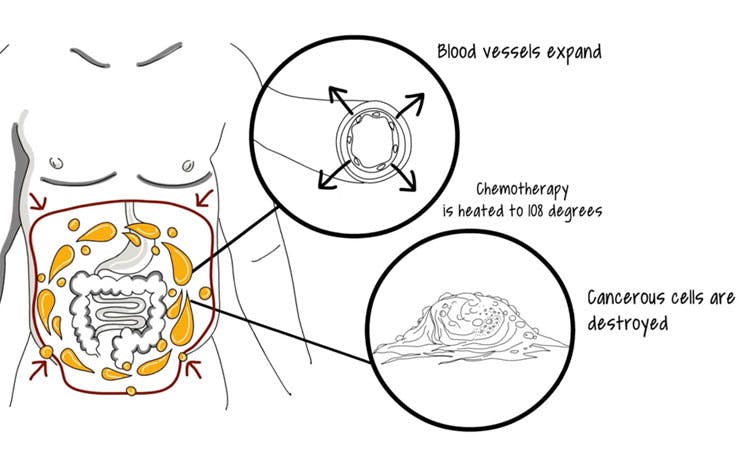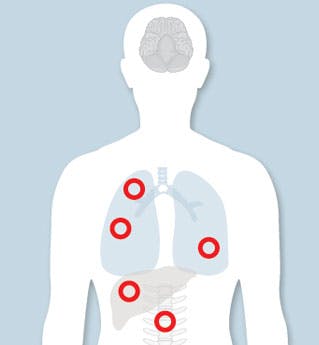Colorectal Cancer Treatment
HIPEC is an aggressive, targeted surgical technique that attacks abdominal cancer with fewer side effects than traditional chemotherapy.

HIPEC is an aggressive, targeted surgical technique that attacks abdominal cancer with fewer side effects than traditional chemotherapy.

Cancer Care Second Opinions
Request a second opinion from UChicago Medicine experts in cancer care.

Participate in a Clinical Trial
UChicago Medicine colorectal cancer experts are actively conducting clinical trials of new and promising treatments.

Additional Digestive Disease Resources
The University of Chicago Medicine has been at the forefront of digestive disease care since 1927, when our doctors created the nation’s first hospital-based gastroenterology department.
Request an Appointment for Cancer Care
We are currently experiencing a high volume of inquiries, leading to delayed response times. For faster assistance, please call 1-855-702-8222 to schedule your appointment.
If you have symptoms of an urgent nature, please call your doctor or go to the emergency room immediately.
For Referring Physicians
To refer a patient for cancer care, please call UCM Physician Connect at 1-800-824-2282.
* Indicates required field

